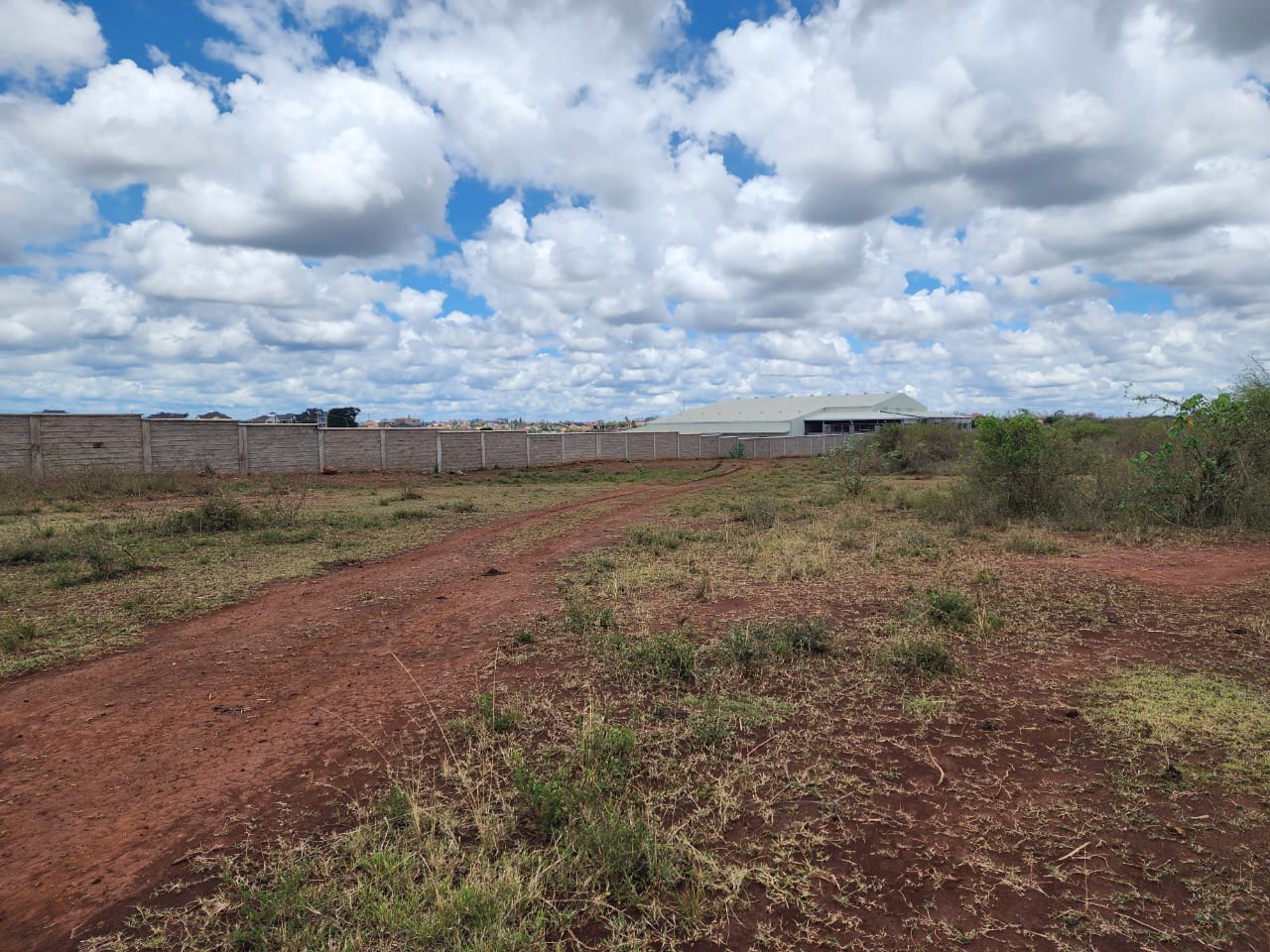Kenya’s real estate market is booming, offering incredible opportunities for homebuyers and investors. However, with this growth comes the risk of falling victim to fraudulent activities. Common Real Estate Scams in Kenya have become increasingly prevalent, targeting unsuspecting individuals with fake listings, impersonation schemes, and other deceptive practices. These scams can lead to significant financial losses and emotional distress. To protect yourself, it’s essential to understand how these scams operate and learn how to spot and avoid them. This guide will equip you with the knowledge to navigate Kenya’s real estate market safely and confidently.
Common Real Estate Scams in Kenya
Fake Listings and Advertisements
Scammers create enticing property listings with attractive prices, stunning photos, and detailed descriptions. These listings are often fake, using stolen images or descriptions of properties that are not for sale. They may advertise non-existent homes, apartments, or land to lure buyers into making deposits or payments.
Example: You come across a luxurious 3-bedroom apartment in a prime location at half the market price. The scammer insists on an upfront deposit to “secure” the property, only for you to discover later that the listing was fake.
Impersonation of Real Estate Agents or Developers
Fraudsters pose as legitimate agents or developers, using fake credentials, forged documents, and even cloned websites to appear credible. They may claim to represent well-known companies or use the names of reputable developers to gain your trust.
Example: A scammer pretends to be an agent from a well-known real estate firm, providing fake business cards and contracts. Once you pay, they disappear, leaving you with nothing.
Selling Unavailable or Disputed Properties
Some scammers sell properties that are already occupied, under litigation, or owned by someone else. They may forge title deeds or ownership documents to convince buyers that the property is available for sale.
Example: You purchase a piece of land, only to find out later that it belongs to someone else or is part of an ongoing legal dispute.
Read also: Quality and Affordable Gated Communities in Kenya
Double Selling
In this scam, a fraudster sells the same property to multiple buyers. Each buyer believes they are the legitimate owner, but only one person can legally claim ownership.
Example: A seller collects deposits from several buyers for the same property, then vanishes without transferring ownership to anyone.
Unregistered or Unlicensed Agents
Unlicensed agents operate without proper credentials, making it difficult to hold them accountable if something goes wrong. They may lack the knowledge or authority to facilitate legitimate transactions.
Example: An unlicensed agent helps you “purchase” a property, but the transaction is not legally binding, leaving you without recourse.
How to Spot Real Estate Scams
Too Good to Be True Deals
If a property is priced significantly lower than the market value, it’s a major red flag. Scammers use unrealistically low prices to attract victims quickly.
What to Do: Compare the price with similar properties in the area. If it seems too good to be true, it probably is.
Pressure to Act Immediately
Fraudsters often create a sense of urgency, pressuring you to make quick decisions or payments without giving you time to verify details.
What to Do: Take your time. A legitimate seller or agent will allow you to conduct due diligence before committing.
Lack of Proper Documentation
Legitimate properties come with clear and verifiable documents, such as title deeds, land search certificates, and approval letters from relevant authorities.
What to Do: Request all necessary documents and verify their authenticity with the relevant authorities.
Unprofessional Communication
Poor grammar, spelling mistakes, and unprofessional communication in listings or correspondence can indicate a scam.
What to Do: Be cautious if the agent or seller communicates in an unprofessional manner. Legitimate professionals maintain high standards of communication.
Refusal to Meet in Person or Show the Property
Scammers often avoid face-to-face meetings or property viewings, offering excuses like being out of the country or unavailable.
What to Do: Insist on meeting in person and visiting the property. If the seller refuses, it’s likely a scam.
How to Avoid Real Estate Scams
Work with Reputable Developers and Agents
Always deal with licensed and registered real estate agents or developers. Verify their credentials through relevant bodies like the Estate Agents Registration Board (EARB) in Kenya.
What to Do: Ask for their registration number and cross-check it with the EARB database.
Conduct Thorough Due Diligence
Before making any payments, conduct a land search at the Ministry of Lands to confirm ownership and ensure there are no disputes or encumbrances on the property.
What to Do: Visit the Ministry of Lands or use their online portal to verify the property’s details.
Visit the Property in Person
Never buy a property without physically inspecting it. This helps you verify its existence, condition, and location.
What to Do: Schedule a site visit and take photos or videos for your records.
Verify All Documents
Ensure all property documents are genuine and up-to-date. Cross-check with relevant authorities to confirm their authenticity.
What to Do: Engage a lawyer to review the title deed, land search certificate, and other documents.
Use Secure Payment Methods
Avoid making cash payments or transferring money to personal accounts. Use secure payment methods and ensure receipts are issued for all transactions.
What to Do: Pay through bank transfers or cheques, and always request a receipt.
Seek Legal Advice
Engage a qualified lawyer to review all contracts and documents before signing. A lawyer can help identify potential red flags and protect your interests.
What to Do: Hire a lawyer with experience in real estate transactions to guide you through the process.
Trust Your Instincts
If something feels off, trust your gut and walk away. It’s better to lose a deal than to fall victim to a scam.
What to Do: If you feel uncomfortable or pressured, take a step back and reassess the situation.
Read also: Buying a Home in Kenya: What You Need to Know
What to Do If You Suspect a Scam
- Report to Authorities: Contact the Estate Agents Registration Board (EARB) or the Directorate of Criminal Investigations (DCI) to report suspicious activities.
- Warn Others: Share your experience on social media or real estate forums to alert others about potential scams.
- Seek Legal Action: If you’ve already fallen victim, consult a lawyer to explore legal remedies and recover your losses.
Navigating Kenya’s real estate market requires vigilance and awareness, especially with the rise of Common Real Estate Scams in Kenya. By understanding how these scams work, recognizing red flags, and taking proactive steps to verify property details, you can protect yourself from falling victim to fraud. Always work with reputable developers like Willstone Homes, conduct thorough due diligence, and seek professional advice to ensure a secure and successful real estate transaction.
Remember, if a deal seems too good to be true, it probably is. Stay informed, ask questions, and prioritize transparency to safeguard your investment. For trusted and reliable real estate solutions, explore Willstone Homes’ portfolio of projects at https://willstonehomes.ke/. Your dream home is just a click away !





